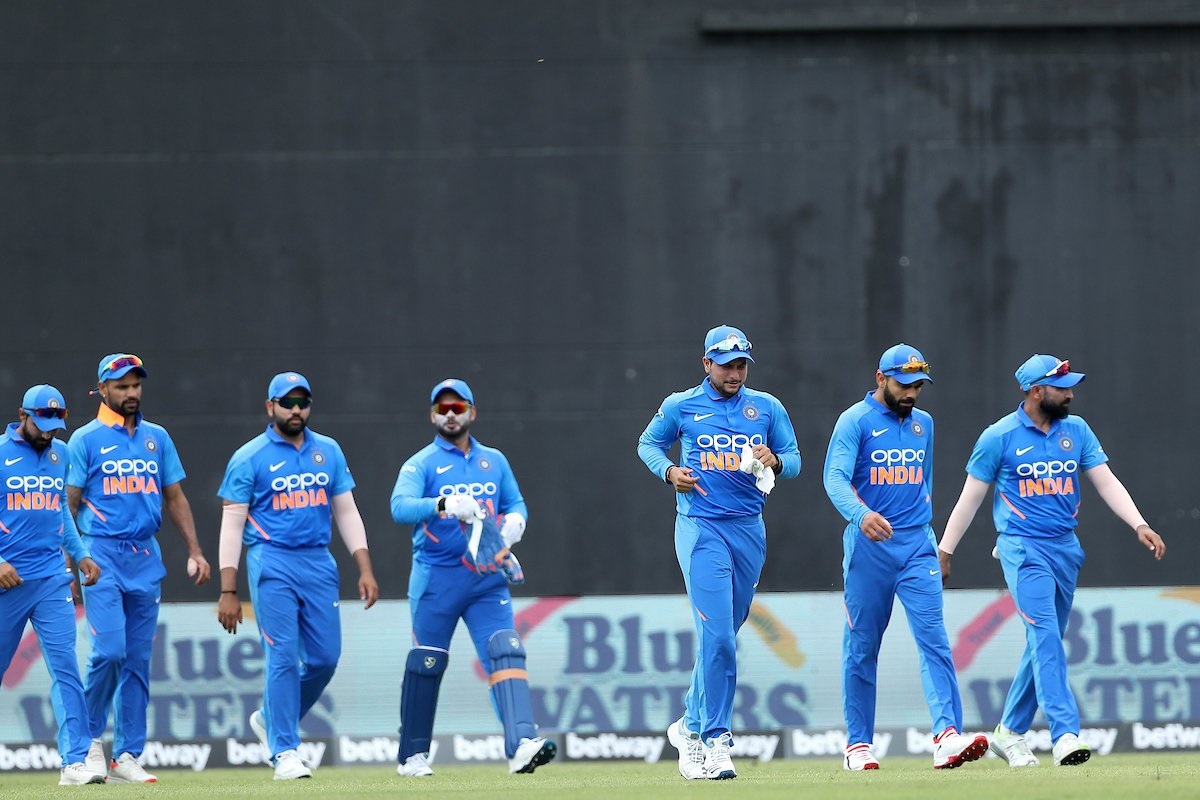India’s highest cricket governing body, the Board of Control for Cricket in India (BCCI), will now have to follow the laws and rules laid out by the National Anti Doping Agency (NADA), like every other sports federation within the country. Notably, BCCI had suggested in a statement that it would only follow the regulations laid out by NADA for a trial period. However, no such request has been entertained. In fact, the Union Sports Secretary, Radheyshyam Julaniya, has clearly refused to allow BCCI the privilege of withdrawing from dope tests.
It is worth noting that the International Cricket Council (ICC) itself follows the World Anti-Doping Code. In this context, BCCI’s insistence of having the liberty to say no to dope tests had become all the more crucial. However, Jhulaniya was not in favour of it at all.
Advertisement
“BCCI does not have the discretion to say no. All are same, everyone has to follow the same rules,” the Sports Secretary said on Friday. He also went on to add that BCCI had, in fact, given a written statement saying that would be following the anti-doping norms laid out by NADA.
“All cricketers will now be tested by NADA,” Julaniya told PTI.
“The BCCI raised three issues before us about the quality of the dope testing kits, competence of pathologists and sample collection. We assured them that whatever facilities they want, we will provide but there will be some charge for it. BCCI is no different from others,” he added.
The entire dope test scenario had become a topic of discussion after young Indian batsman and one of the rising stars of Indian cricket, Prithvi Shaw, was banned for 8 months for consuming a banned substance. Board of Control for Cricket in India was criticised for the manner in which the entire incident unfolded and how they dealt with it.
The right-handed batsman had “inadvertently ingested a prohibited substance, which can be commonly found in cough syrups”. There were a couple of months in between the date of sample collection and the report which was released from National Dope Testing Laboratory (NDTL).
The issue was then taken up by WADA who advocated a more conventional and concrete relationship between BCCI and NADA, even asking ICC to push the matter.
Notably, earlier this year, BCCI had submitted a proposal to work with NADA for six months. However, now the Sports Ministry has clearly rejected the proposal stating that the rules must be the same for all sporting bodies within the country.
The Indian Cricket Board has also agreed to follow the law with Rahul Johri, CEO of the BCCI stating, “We have to follow the law of the land & BCCI is committed to follow the law that exists,” as quoted by ANI.











